Podcast: Play in new window | Download (Duration: 1:58 — 1.4MB) | Embed
Subscribe: Apple Podcasts | Spotify | Amazon Music | Android | Pandora | iHeartRadio | JioSaavn | Podchaser | Gaana | Podcast Index | Email | TuneIn | Deezer | Anghami | RSS | More
Divine Mercy Novena – Day Six
Sixth Day – “The meek and humble souls and the souls of children“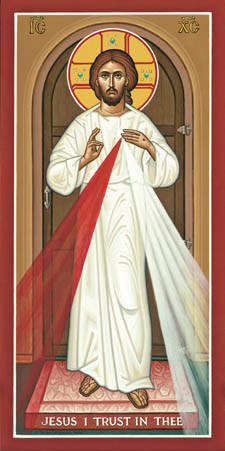
“Today bring to Me the Meek and Humble Souls and the Souls of Little Children, and immerse them in My mercy. These souls most closely resemble My Heart. They strengthened Me during My bitter agony. I saw them as earthly Angels, who will keep vigil at My altars. I pour out upon them whole torrents of grace. I favor humble souls with My confidence.”
Most Merciful Jesus, You yourself have said, “Learn from Me for I am meek and humble of heart.” Receive into the abode of Your Most Compassionate Heart all meek and humble souls and the souls of little children. These souls send all heaven into ecstasy and they are the heavenly Father’s favorites. They are a sweet-smelling bouquet before the throne of God; God Himself takes delight in their fragrance. These souls have a permanent abode in Your Most Compassionate Heart, O Jesus, and they unceasingly sing out a hymn of love and mercy.
Eternal Father, turn Your merciful gaze upon meek souls, upon humble souls, and upon little children who are enfolded in the abode which is the Most Compassionate Heart of Jesus. These souls bear the closest resemblance to Your Son. Their fragrance rises from the earth and reaches Your very throne. Father of mercy and of all goodness, I beg You by the love You bear these souls and by the delight You take in them: Bless the whole world, that all souls together may sing out the praises of Your mercy for endless ages. Amen.

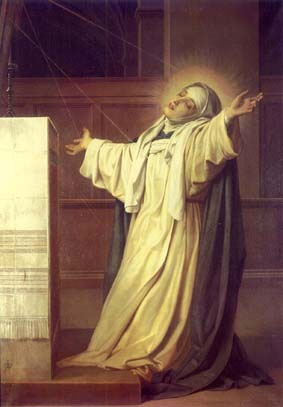 The Eternal Father speaks to Catherine:
The Eternal Father speaks to Catherine: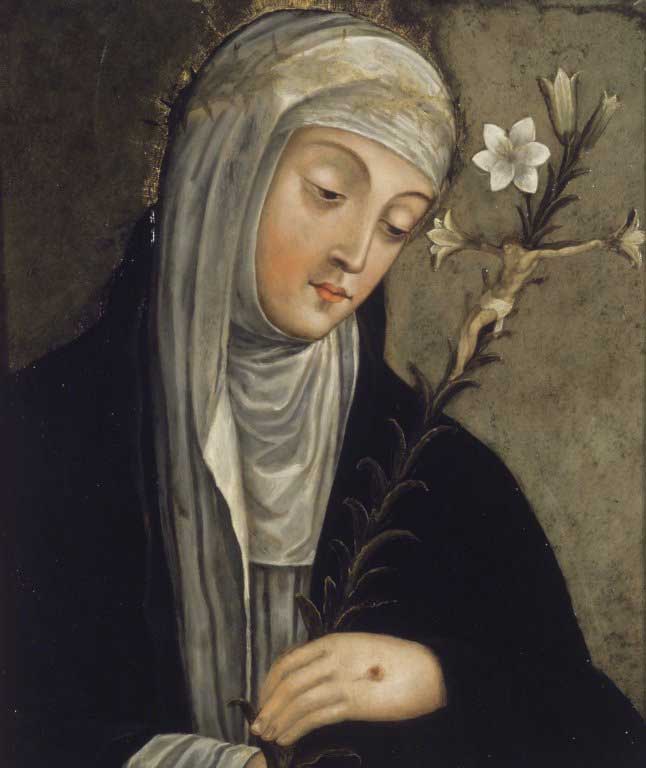 St. Catherine of Siena Novena – Day Two
St. Catherine of Siena Novena – Day Two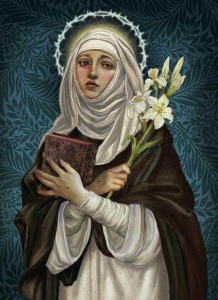



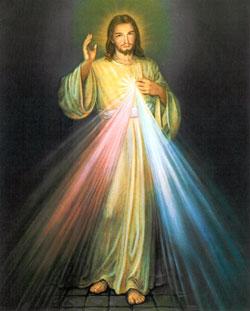 ”
”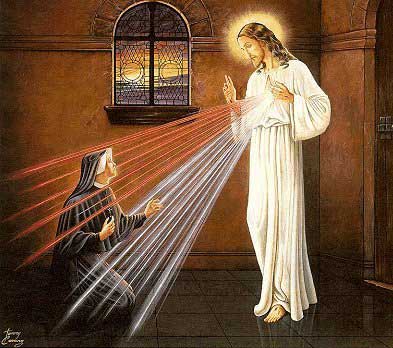 Eternal Father, turn Your merciful gaze upon all mankind and especially upon poor sinners, all enfolded in the Most Compassionate Heart of Jesus. For the sake of His sorrowful Passion show us Your mercy, that we may praise the omnipotence of Your mercy forever and ever. Amen.
Eternal Father, turn Your merciful gaze upon all mankind and especially upon poor sinners, all enfolded in the Most Compassionate Heart of Jesus. For the sake of His sorrowful Passion show us Your mercy, that we may praise the omnipotence of Your mercy forever and ever. Amen.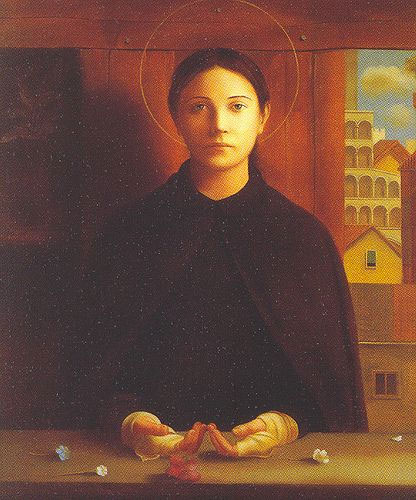 prayers which we now present to Thee, as an act of devotion to your servant, St Gemma Galgani, whose intercession we are now imploring.
prayers which we now present to Thee, as an act of devotion to your servant, St Gemma Galgani, whose intercession we are now imploring.